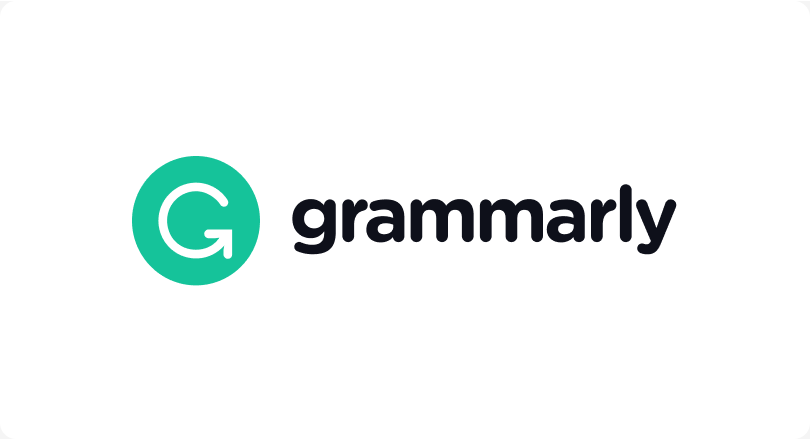ENHANCING STATISTICAL UNDERSTANDING THROUGH PjBL, VIRLENDA, AND WHATSAPP: A STUDY IN UNIVERSITAS PGRI ADI BUANA SURABAYA
DOI:
https://doi.org/10.33477/mp.v9i2.2387Keywords:
understanding, statistical, PjBL, virlenda, WhatsAppAbstract
This study was motivated by the difficulties of students transforming the data into frequency tables and graphs and appreciate a group of data. This is envolve in low student understanding. Encounter this situation, researchers felt the need to carry out CAR to rise these problems through PjBL supported by Virlenda and Whatsapp due to the pandemic situation that did not allow offline learning. So, the purpose of this study is to enhance students' statistical understanding through PjBL supported by Virlenda and Whatsapp. The subject 10 students from the 2019-C class of mathematics education program, Universitas PGRI Adi Buana Surabaya. Data were collected through observation, documentation, and tests. The data were analyzed quantitatively and qualitatively. The indicators of this study are there is no statistical understanding of students in the category less than "Good Enough" and observation components such as the focus of attention, activity, interest in learning, and seriousness of at least 70% of students. The results of this study, (1) the statistical understanding of all students in the minimum category of "Good" in the second cycle; (2) The observation component to the focus attention, activity, interest, and seriousness in learning satisfy criteria. This shows that the practice of PjBL supported by Virlenda and Whatsapp can improve the statistical understanding of students of mathematics education class 2019-C.
References
Angreanisita, W., Mastur, Z., & Rochmad. (2021). Mathematical Literacy Seen from Learning Independency in Blended Learning with Project Based Learning Assisted by Moodle. Unnes Journal of Mathematics Education Research, 10(2), 155–161.
Fathonah, I. A., Mariani, S., & Sukestiyarno. (2020). Mathematics Connections Based on Self Regulated Learning Through Project Based Learning with Ethnomathematics Nuances and Independent learning with assisted of Module and Whatsapp. Unnes Journal of Mathematics Education Research, 10(1), 90–96.
Fauziah, E. L., Sunarsih, E. S., & Siswanto, B. (2019). Penerapan model pembelajaran project based learning untuk meningkatkan keaktifan dan hasil belajar siswa pada mata pelajaran gambar interior dan eksterior bangunan gedung kelas XI TGB SMK Ganesha Tama Boyolali Tahun Ajaran 2017/2018. IJCEE, 5(1), 1–9.
Fitrina, T., Ikhsan, M., & Said., M. (2016). Peningkatan Kemampuan Berpikir Kreatif dan Komunikasi Matematis Siswa SMA melalui Model Pembelajaran Project Based Learning Berbasis Debat. Jurnal Didaktik Matematika, 3(1).
Kemmis, S., & McTaggart, R. (2000). Participatory Action Research. In Handbook of Qualitative Research (pp. 567–595). SAGE Publications, Inc.
Kurniawan, D. P., Istiandaru, A., Sulistiowati, E., & Dahlan, A. (2020). Peningkatan Minat Dan Hasil Belajar Siswa Kelas 4 Sd N Tegalombo 02 Melalui Pembelajaran Project-Based Learning Berbantuan Powerpoint Interaktif. 1581–1591.
McGrath, A. L. (2014). Content, Affective, and Behavioral Challenges to Learning: Students’ Experiences Learning Statistics. International Journal for the Scholarship of Teaching and Learning, 8(2), 1–21.
Miles, M. B., & Huberman, M. A. (1994). Qualitative Data Analysis: A Sourcebook of New Methods. SAGE Publications, Inc.
Miller, E. C., Severance, S., & Krajcikc, J. (2021). Motivating Teaching, Sustaining Change in Practice: Design Principles for Teacher Learning in Project-Based Learning Contexts. Journal of Science Teacher Education, 32(7), 757–779.
Nurhasanah, S., & Sobandi, A. (2016). Minat Belajar sebagai Determinan Hasil belajar Siswa. Jurnal Pendidikan Manajemen Perkantoran (JPManer), 1(1), 128–135.
Rahmazatullaili, Zubainur, C. M., & Munzir, S. (2017). Kemampuan berpikir kreatif dan pemecahan masalah siswa melalui penerapan model project based learning. Jurnal Tradis Matematika, 10(2), 166–183.
Syakur, A., Junining, E., & Sabat, Y. (2020). The Implementation of Project Based Learning (PBL) Model Towards the Result Student’ s TOEFL in 7th semester of Brawijaya University. Journal of Development, 4(May), 41–46. http://journal.unublitar.ac.id/jdr/index.php/jdr/article/view/97
Warsito, Maryani, I., & Purwanto. (2020). Penerapan model project based learning (pjbl) dalam Pembelajaran daring untuk meningkatkan aktivitas dan hasil belajar IPA kelas VI SDIT Salsabila 3 Banguntapan. Prosiding Pendidikan Profesi Dosen Fakultas KeDosenan Ilmu Dan Pendidikan. Universitas Ahmad Dahlan, 1–9.
Wibowo, W. S. (2014). Implementasi Model Project-Based Learning (PJBL) dalam Pembelajaran Sains Untuk Membangun 4CS Skills Peserta Didik Sebagai Bekal Dalam Menghadapi Tantangan Abad 21. Seminar Nasional IPA V, 275–286.







